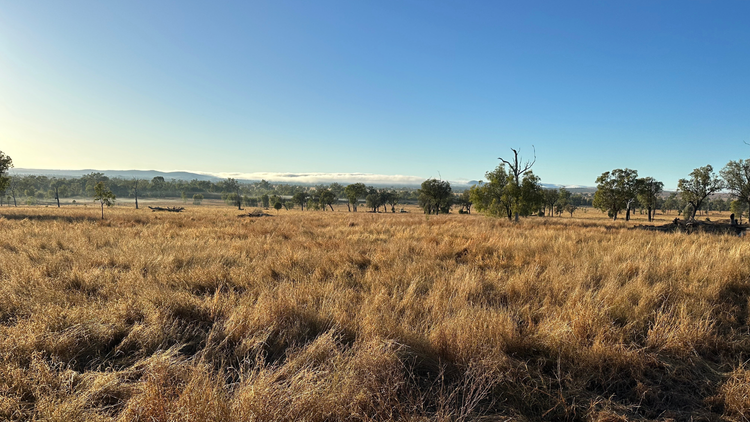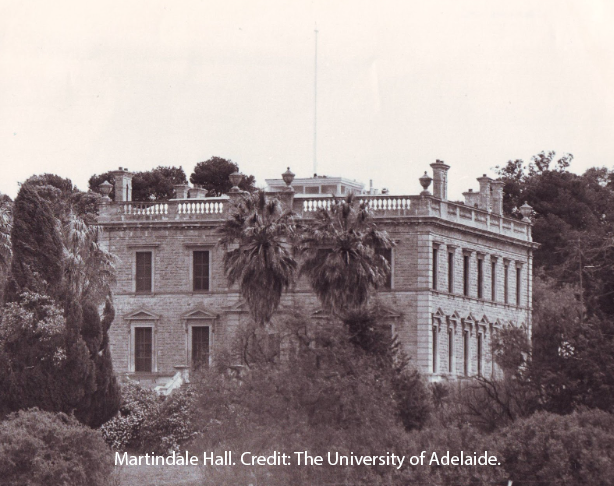 Australia’s largest soil carbon project holder has put forward three properties for a research project looking at the viability of soil carbon farming across the country.
Australia’s largest soil carbon project holder has put forward three properties for a research project looking at the viability of soil carbon farming across the country.
AgriProve has been awarded a $150,000 grant by Meat & Livestock Australia to conduct a six-year Producer Demonstration Site research project exploring how sequestering carbon in soils can impact the carbon intensity of a livestock enterprise.
The grant will support the Australian red meat industry in growing its understanding of how soil carbon impacts carbon intensity and farmgate revenue for landholders.
Three AgriProve partnering producers near Tarramba, Queensland, Dungog, NSW, and Carrick, Tasmania, will host demonstration sites to trial management practices that sequester carbon in soils.
AgriProve managing director Matthew Warnken said understanding soil carbon was an important part of the red meat industry’s target to become carbon neutral by 2030.
“AgriProve is facilitating this transition through supporting livestock enterprises in better understanding and reducing the carbon intensity of their operations so they can improve soil health and grow both productivity and profitability in the short and long term,” Mr Warnken said.
“Collaborating with industry to deliver enhanced sustainability outcomes at scale is a central part of AgriProve’s business model.
“Working closely with our partnering producers and future-focused industry research bodies like MLA means AgriProve can continue driving innovation to move beyond carbon neutral and embrace carbon removal.”
What’s involved?
The project will include whole-farm carbon accounting to determine the cost-benefit of soil carbon projects and highlight how soil carbon sequestration can support livestock enterprises in reaching and moving beyond carbon neutral.
Case studies will share findings with MLA’s national producer network, as well as over 900 producers who have expressed interest in soil carbon projects with AgriProve.
Read more:
- Carbon accounting to become common practice, but is carbon neutrality really sustainable?
-
Brett Hosking: Why I joined Farmers for Climate Action board
The demonstration sites will trial multi-species pastures and test two different management techniques against a control plot, including varying grazing recovery periods, sowing techniques, soil ameliorants and aeration to determine best practice management of multi-species for increasing soil carbon.
Monitoring will draw on AgriProve’s scalable and innovative approach to soil carbon sampling which includes one metre soil cores alongside remote sensing NDRE and NDVI satellite imagery, and NIR Spectroscopy.
Baseline sampling, initial monitoring and sowing of multi-species are currently underway, with the first field day to share project details with the broader community scheduled for September.
 Results
Results
